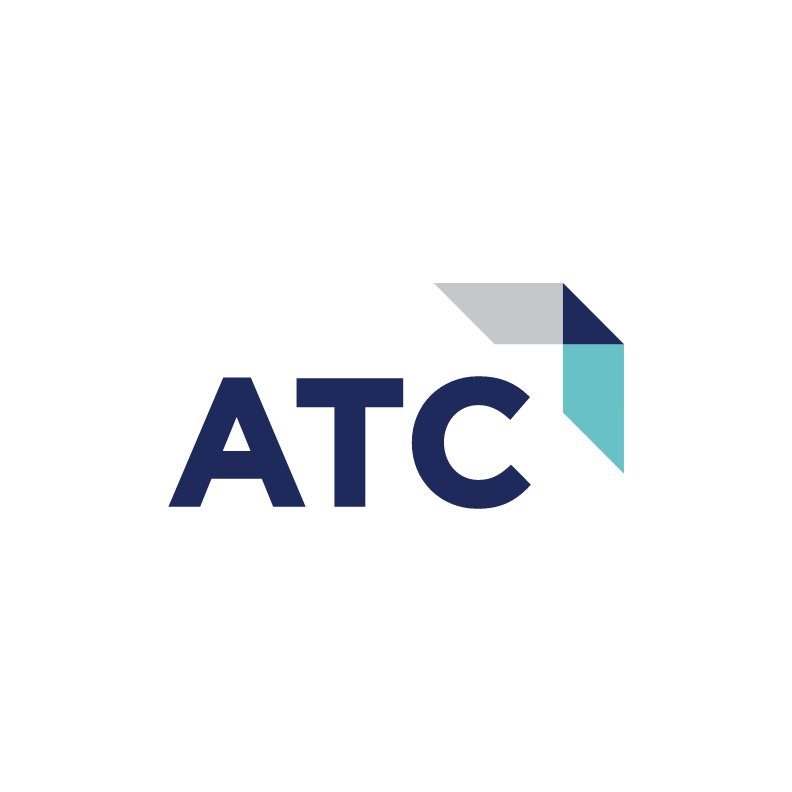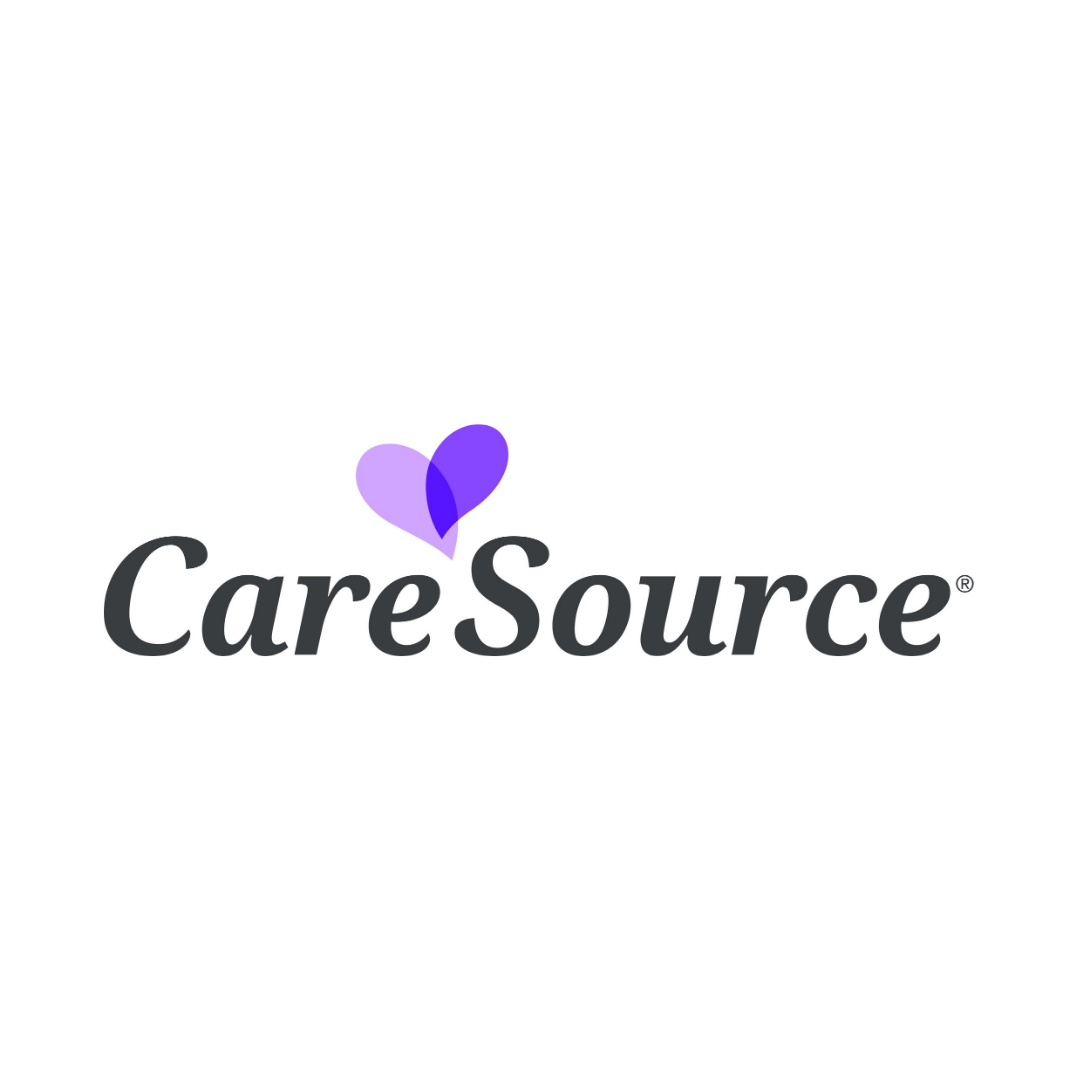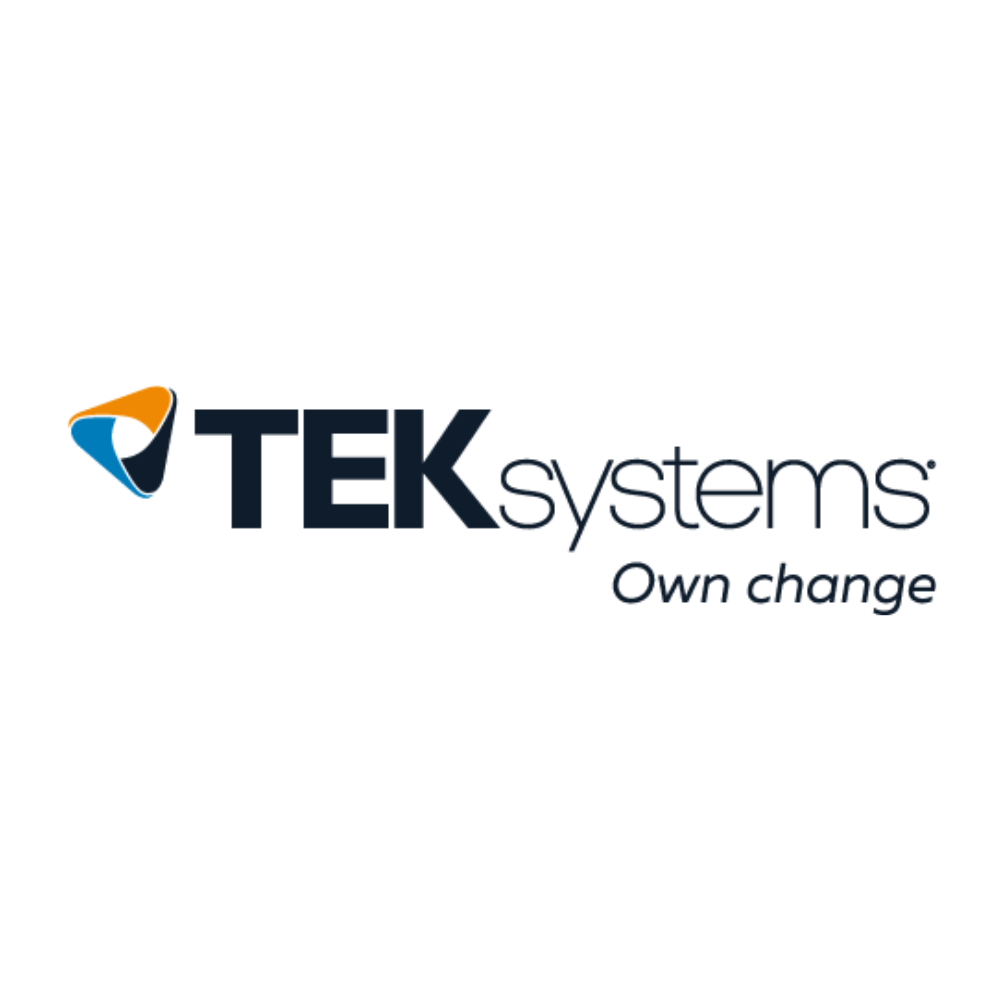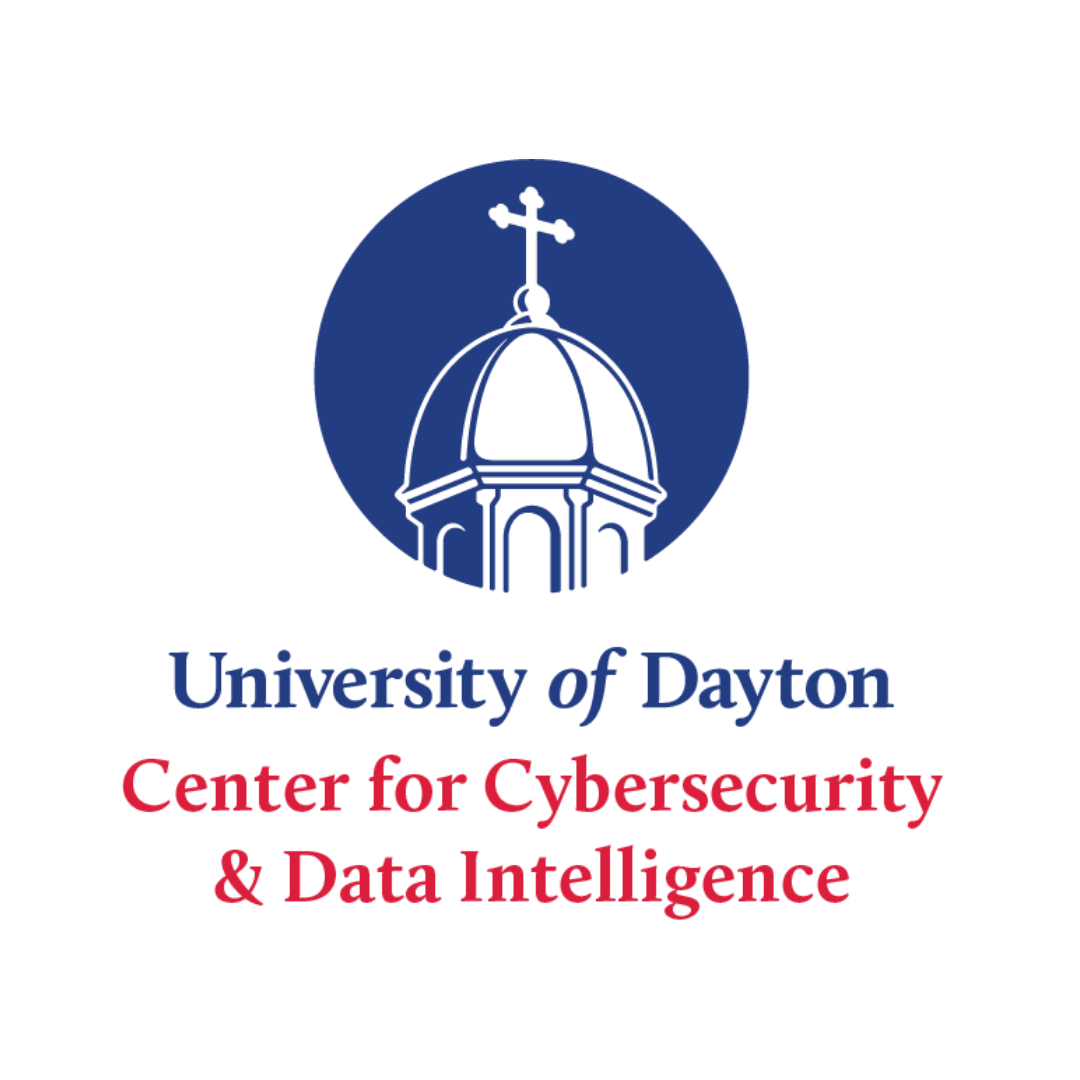As we near the end of the third quarter of 2022, it would not be an understatement to say the state of the software development industry remains red hot across the U.S. As I considered how to capture some of that momentum and provide some insight into something as large and complex as the state of software development I was reminded of an important article from the past. On August 20, 2011, Marc Andreesen published a piece in the Wall Street Journal that for many in the business and technology world would become a rallying cry, “Why Software is Eating the World”. In this article, he focused on what many were not as sure of then, as we are today, which is the impact software, software companies, and the start-up companies of that day would forever change the world in which we live and the businesses that many of us work for. (This article can still be found reprinted on his website, a16z.com) The insights still very much hold up today in 2022 which is why I will use it to frame up the current state of software development here in the Midwest as well as across most of the world. Here are just a few of the insights from that article that hold relevance for us in 2022.
“We are in the middle of a dramatic and broad technological and economic shift in which software companies are poised to take over large swathes of the economy.”
“Software is also eating much of the value chain of industries that are widely viewed as primarily existing in the physical world.”
“Many people in the U.S. and around the world lack the education and skills required to participate in the great new companies coming out of the software revolution.”
Is it hard to imagine that Apple, Amazon, and Alphabet are far from done taking over large swathes of the economy in 2022? While it is still early in the value shift from physical world to virtual we have plenty of samples of this evolution to reference in the last eleven years. FedEx, is now thought of more as a software network that happens to have trucks, planes and distribution hubs attached as an example. How many more physical value chains of industries do you experience weekly that are still in need of a little software revolution? Lastly, we can still see in today's news headlines that Mr. Andreesen’s concerns about the lack of education and skills required to participate in the evolving often software centric economy remains a pressing concern. While those headlines are often about security and privacy issues related to software, they also often highlight the challenges around education and skills gaps in many communities and often across a wide spectrum of people from the youngest to the oldest and the richest to the poorest.
Here are some additional data points on just the education and skills area and why the last eleven years may have only been the first course in eating the world. This data also provides insight, that even bigger opportunities and challenges lay ahead for software and software development.














.png)


